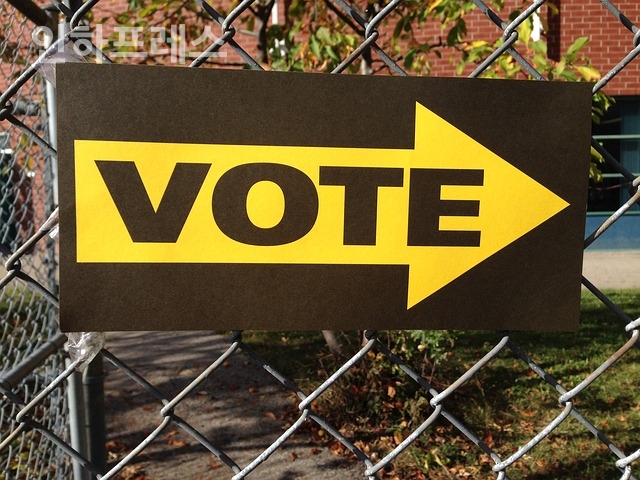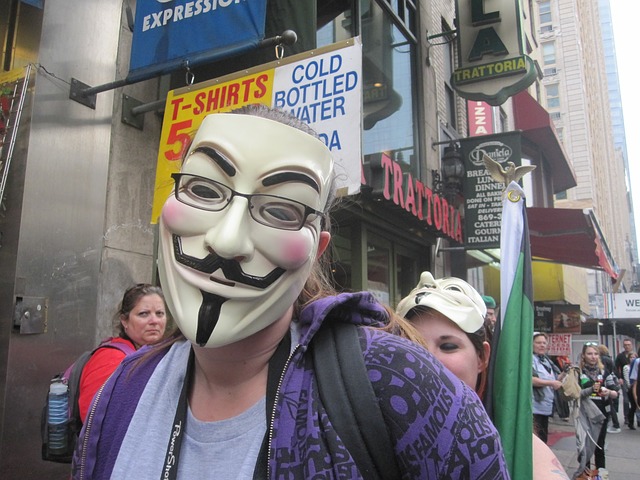 |
The result of the 20th General Election on 13 April 2016 came as a surprise to many and shocked the complacent ruling party—Saenuri (conservative)—which lost its previously held majority of parliamentary seats. Surprisingly, this is the first time in 16 years that Saenuri has lost its majority. It has been suggested that an increase in younger voters has had a large influence on the result. These young and so-called 'angry voters' are thought to feel disillusioned with the government and its present ruling party, therefore much attention has been placed on the importance of the youth vote. However, it is still too soon to feel relieved that South Korea now has greater youth political participation, as voting rates show that there was barely a 50% turnout among younger voters.
The Circumstances Surrounding Youth Political Participation
 |
According to the exit poll, the turnout of voters in their 20s jumped from 41.5% to 49.4%, with the turnout of those in their 30s rising from 45.5% to 49.5% since the 19th General Election. Nonetheless, these figures still fall some way short of the turnout among senior voters. It is estimated that for those in their 50s the turnout was 65%, while for those in their 60s it was 70.6%. Of course, political participation includes not only voting, but active participation in political events such as a demonstrations; however, many young people in Korea fail to engage in any political events whatsoever. Even in some universities, student union presidential elections have not been possible due to quorum requirements not being met or failure to find a presidential candidate. Sungkonghoe University and Korea Nazarene University were unable to hold student union presidential elections last year, while Hankuk University of Foreign Studies has been unable to hold such elections for the last five years.
The reasons behind low youth political participation can be divided into three parts. Firstly, difficulties in Korea’s job market mean that jobseekers are required to undertake more voluntary service, internships, and award schemes, in addition to ‘basic’ academic qualifications (measured by one’s highest degree studied, GPA, TOEIC score, language study abroad, and other academic awards). In such a competitive and tough job environment in which looking after one’s self becomes the priority, political indifference is perhaps unsurprising.
The second main reason for low youth political participation is the lack of education concerning the exercising of democratic rights. In the current social studies curriculum of middle schools, less than 15% of its content is related to politics. Thus, teenagers are becoming adults who may have the right to vote, but unfortunately they do not appreciate the importance of voting. Thirdly, and finally, low youth political participation can be attributed to the popularly held young people’s perception that there is too much self-interest and cynicism in politics. Moreover, it is often believed that the generally older-generation Korean politicians completely overlook the concerns of the younger generations.
Movement Towards Increasing Youth Political Participation
 |
As the younger generations have come under increasing social pressures, particularly regarding seeking employment, they have been forced into becoming more politically aware. SNS (Social Networking Service) has greatly facilitated how younger Koreans have become more engaged with politics, as its ability to communicate information quickly to large numbers of technologically connected youths is hugely beneficial. Collecting information and sharing opinions is now much easier to do than it was in the past. Last February, South Korea's main opposition party, Minjoo, spearheaded an online talkathon which aimed to block an anti-terror bill that they said put personal freedoms at risk. The eight-day talkathon was broadcast live on YouTube for 192 hours and passed the 40,000 people mark for simultaneous viewing. Most viewers were in their teens or twenties and therefore active users of SNS, and many went on to share their opinions related to the debate via Facebook or Twitter. Although Minjoo and the other smaller parties who supported them failed in their attempt to block the bill from being passed, many young people took a much greater interest in hearing political debates and expressing political opinions. Another factor that seems to have impacted on the increase of voters in their 20s and 30s is ‘advanced voting’. In past elections, turnout of younger voters was very low compared to senior voters; however, when the advanced voting system was first adopted for by-elections in 2013, there was a significant increase in younger voters.
The Way Forward
 |
Young people are the backbone of Korean society, so their political awakening is essential. Political Science Professor Gyeong-gyo Seo, of Hankuk University of Foreign Education, has emphasised the importance of youth political participation, arguing that “political participation from early life to the grave is vital for living as a citizen of a democratic society.”
It is undoubtedly important for younger people to realise the significance of voting, and this should firstly be addressed by including more political content in school classrooms across the country. Younger generations need to understand that if their vote rate remains significantly low, the political issues affecting them may be overlooked by politicians. In addition, it is obvious that an increase in the number of younger politicians is required. Outside of South Korea, there are many countries in which younger people have risen to prominent political positions. A perfect example would be Tony Blair, who became a member of the UK’s Labour Party at the age of 22, went on to become leader of the Labour Party aged 41, and at just 43 years of age became Prime Minister.
Old-fashioned politics carried out by older politicians on behalf of older voters should be redressed. Young people need to believe that they can shape their own futures through politics. Now is the time for action.
이지은 dlwldms0014@gmail.com
<저작권자 © 인하프레스, 무단 전재 및 재배포 금지>

![[보도] 제43대 총학생회 후보자 공청회 개최돼](/news/photo/202404/11686_5015_2626.png) [보도] 제43대 총학생회 후보자 공청회 개최돼
[보도] 제43대 총학생회 후보자 공청회 개최돼
![[보도] 제43대 총학생회 후보자 공청회 개최돼](/news/thumbnail/202404/11686_5015_2626_v150.jpg)
![[보도] 총학생회장 선거 열려···학생사회 대표자는?](/news/thumbnail/202403/11668_5014_266_v150.jpg)
![[보도] 무전공·계열제 논의···학생은 어디에?](/news/thumbnail/202403/11666_5011_2238_v150.jpg)
![[보도] 인하 70돌, 다양한 행사 이어져](/news/thumbnail/202403/11663_5009_165_v150.jpg)
